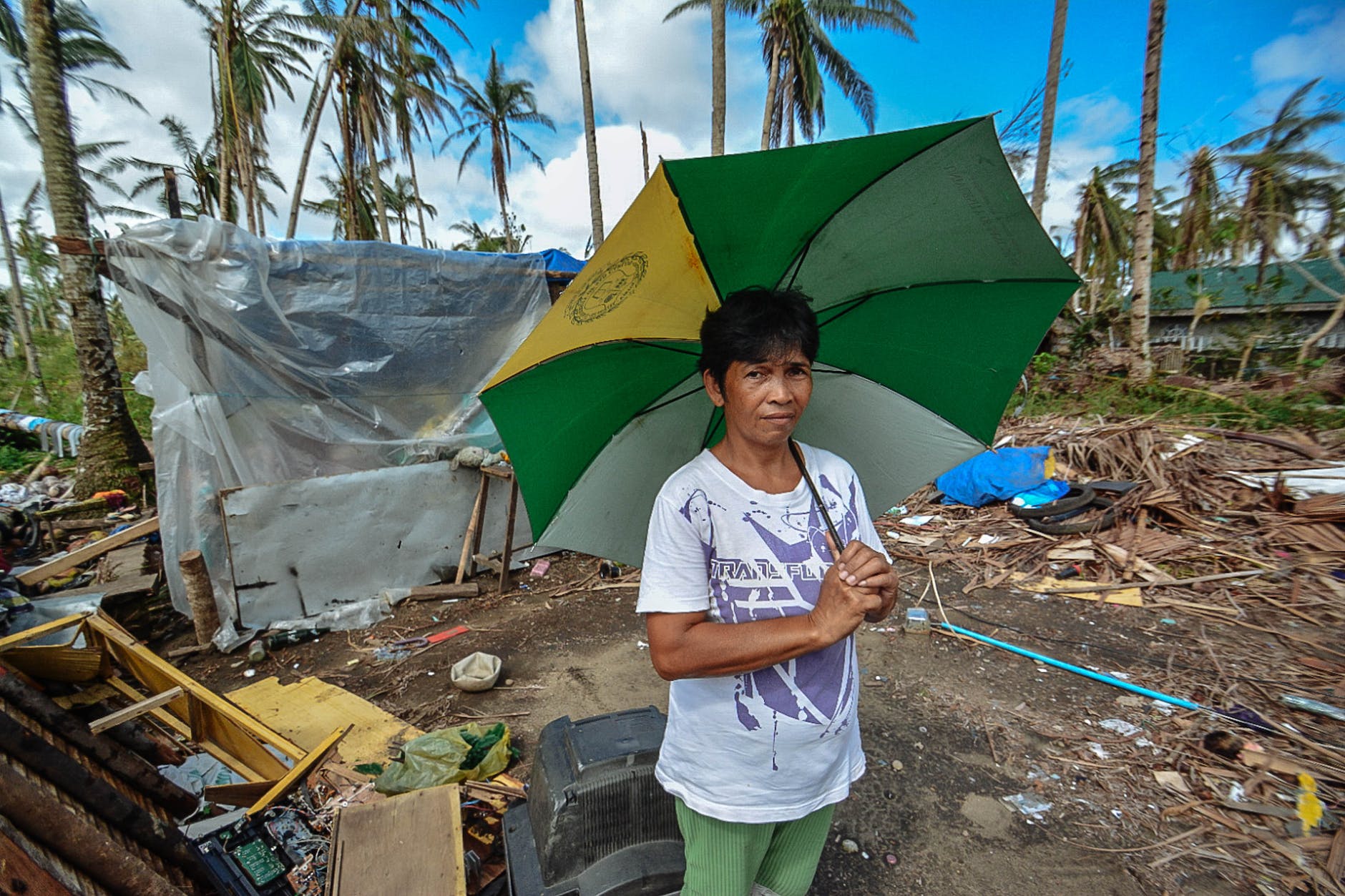
Eva Maria Jedicke1, Stephan Olk2, Adnan Zogaj1, Dieter K. Tscheulin1, Jörg Lindenmeier1, 1 University of Freiburg, Germany, 2 Horn & Company, Düsseldorf, Germany
Volunteering is a cornerstone of individual well-being and social cohesion, with millions of people donating their time to nonprofit organizations. Given the increasing demand for volunteers as a resource and the competition nonprofits face, our research examines the role of volunteer appeals, a form of persuasive advertising, in influencing individuals to donate their time to social causes. In our recently published NVSQ article, we present findings that guide nonprofit organizations in tailoring effective volunteering campaigns, and to tailor volunteer appeals to specific audiences.
In doing so, we considered four critical attributes that can shape volunteer appeals: time commitment; emotion arousing imagery (in particular appeals to “guilt” and “pride”); slogans that activate volunteer motives, and; accountability seals that serve as signals of the credibility and trustworthiness of a nonprofit organization.
Continue reading “Designing Effective Volunteering Appeals”
